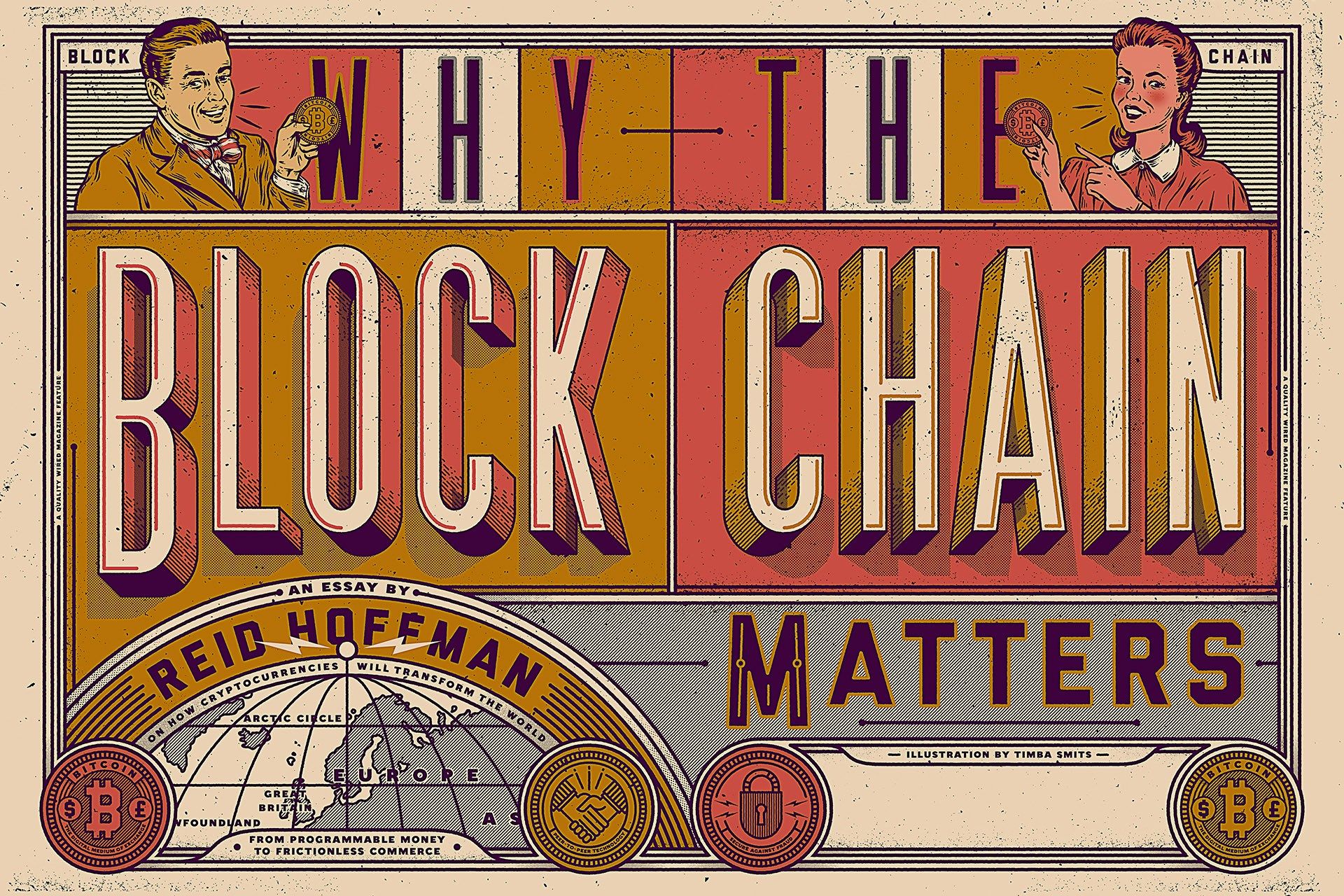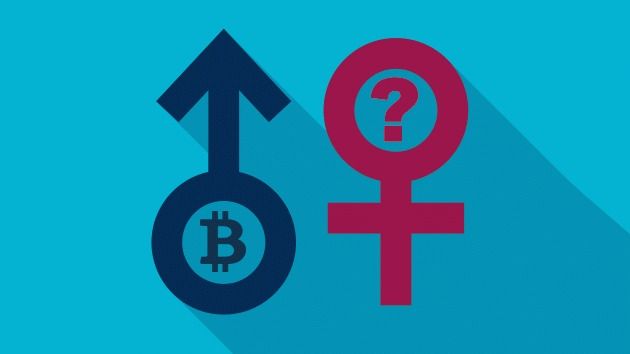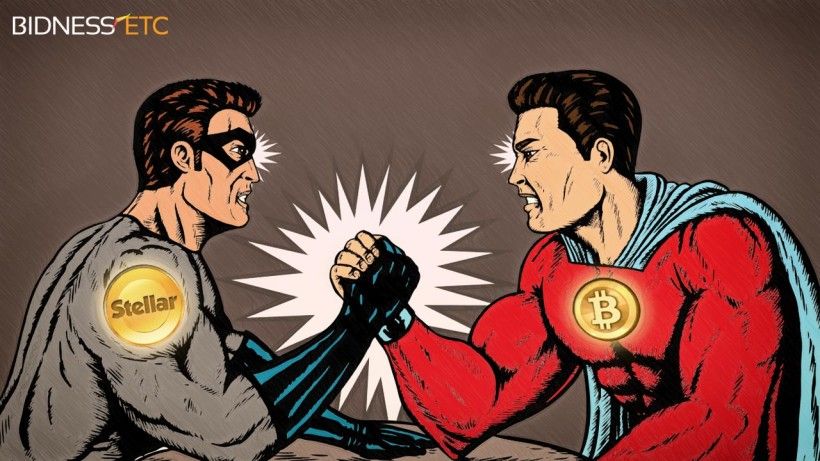Category: bitcoin

How the Tech Behind Bitcoin Could Stop the Next Snowden — Klint Finley Wired
The National Security Agency knows Edward Snowden disclosed many of its innermost secrets when he revealed how aggressive its surveillance tactics are. What it doesn’t know is just how much information the whistleblower took with him when he left.
For all of its ability to track our telecommunications, the NSA seemingly has little clue exactly what documents, or even how many documents, Snowden gave to the media. Like most large organizations, the NSA had tools in place to track who accessed what data and when. But Snowden, a system administrator, apparently was able to cover his tracks by deleting or modifying the log files that tracked that access. Read more
MIT aims to give bitcoin research, development a stable home -
Bitcoin survived a wild youth marked by drug trafficking, money laundering, theft, bankruptcy, and political spats. Now, the digital currency is getting cleaned up and heading to grad school.
A fledgling project at the Massachusetts Institute of Technology Media Lab is offering researchers and software developers a quiet home to work on bitcoin’s core technology, a computer science breakthrough that lets people trade money securely without paying a middleman. Read more

Could Bitcoin be Dethroned by an Altcoin?
Cryptocurrency aficionados have been discussing Bitcoin limitations ever since the blockchain buzz hit the street. Geeks toss around ideas for clearing transactions faster, resisting potential attacks, rewarding miners after the last coin is mined, and supporting anonymity (or the opposite—if you lean toward the dark side). There are many areas in which Bitcoin could be improved, or made more conducive to one camp or another.
Distinguished Penn State professor, John Carroll, believes that Bitcoin may eventually be marginalized due to its early arrival. He believes that its limitations will eventually be overcome by newer “altcoins”, presumably with improved mechanisms.
So, does progress in any of these areas threaten the reigning champ? It’s unlikely…
 More than any other individual, Andreas Antonopoulos is the face of Bitcoin. We discussed this very issue in the outer lobby of the MIT Bitcoin Expo at which he was keynote speaker (March 2015). Then, we discussed it again, when I hosted his presentation at The Bitcoin Event in New York (also in March). He clearly and succinctly explained to me why it is unlikely that an altcoin will replace Bitcoin as the dominant—and eventually surviving—cryptocurrency…
More than any other individual, Andreas Antonopoulos is the face of Bitcoin. We discussed this very issue in the outer lobby of the MIT Bitcoin Expo at which he was keynote speaker (March 2015). Then, we discussed it again, when I hosted his presentation at The Bitcoin Event in New York (also in March). He clearly and succinctly explained to me why it is unlikely that an altcoin will replace Bitcoin as the dominant—and eventually surviving—cryptocurrency…
It is not simply that Bitcoin was first or derived from Satoshi’s original paper, although this clearly established precedent, propelled it into the media, and ignited a grassroots industry. More importantly, Bitcoin is unlikely to be surpassed by an altcoin because:
- Bitcoin is open source. It is difficult enough for skeptics to trust that an open source protocol can be trusted. Users, businesses, banks, exchanges and governments may eventually trust a distributed, open source movement. After all, math is more trustworthy and less transient than governments. Math cannot inflate itself, bend to political winds, or print future generations into debt if it is tied to a cap. But it is unlikely that these same skeptics will allow an inventor with a proprietary mechanism to take custody of their wealth, or one in which the content of all wallets cannot be traced back to the origin.
- If we accept #1 (that a viable contender must be open source and either public or freely licensed), then Bitcoin developers or wallet vendors are free to incorporate the best protocols and enhancements from the alt-developers. They can gradually be folded into Bitcoin and adopted by consensus. This is what Gavin and the current developers at Bitcoin Prime do. They protect, enhance, extend, and promote. Looked at another way, when a feature or enhancement is blessed—and when 3 or 4 of the leading 7 wallets honor it, it becomes part of Bitcoin.
Bitcoin has achieved a two-sided network effect, just like Acrobat PDF. Unseating an entrenched two-sided network requires disruptive technology and implementation with clear benefits. But in the case of a widely distributed, trusted and universally adopted tool (such as a public-use monetary instrument), a contender must be open source. The Cryptocurrency Standards Association, The Bitcoin Foundation and the leading wallet vendors have always been open and eager to incorporate the best open source ideas into Bitcoin.
Even if Bitcoin were replaced by an altcoin or by “Bitcoin 2.0”, it is likely that the public would only migrate to the enhanced coin if it were tied to the original equity corpus of earned and mined coins from the Bitcoin era. That is, we all know that Satoshi may have thousands of original Bitcoins, but few among us would tolerate (a) losing all of our Bitcoin value, and (b) rewarding a blockchain wannabe who declares that his coins are worth more than the grassroots legacy of vested millions that came before.
 Consider Prof Carroll’s analogy: “Who will use an acoustic string telephone when he could access a mobile phone.” A more accurate analogy is the evolution of the 32 year old AMPS phone network (the first widely deployed cell phone network). In 1983, the original phones were analogue and limited to 400 channels. Like their non-cellular predecessors, user equipment was bulky. Phones were divided into bulky components in the trunk, under the seat and a corded handset. They lacked GPS, LTE and many signaling features that we now take for granted. Yet carriers, equipment manufacturers and users were never forced to throw away equipment and start over. The network grew, adopted, and yielded incentives for incremental user-equipment upgrade.
Consider Prof Carroll’s analogy: “Who will use an acoustic string telephone when he could access a mobile phone.” A more accurate analogy is the evolution of the 32 year old AMPS phone network (the first widely deployed cell phone network). In 1983, the original phones were analogue and limited to 400 channels. Like their non-cellular predecessors, user equipment was bulky. Phones were divided into bulky components in the trunk, under the seat and a corded handset. They lacked GPS, LTE and many signaling features that we now take for granted. Yet carriers, equipment manufacturers and users were never forced to throw away equipment and start over. The network grew, adopted, and yielded incentives for incremental user-equipment upgrade.
With all due respect to the distinguished Penn State professor, John Carroll, I stand with Andreas. Bitcoin need’t relinquish the throne. It is evolving!
Philip Raymond is Co-Chair of The Cryptocurrency Standards Association and CEO of Vanquish Labs.
This is his first article for Lifeboat Foundation
Novel Cold Storage Wallet
“Cryptosteel is an indestructible private cold storage system not only for Bitcoin users”
https://vimeo.com/128299690

Why the block chain matters — Reid Hoffman | Wired UK
“When you combine Bitcoin’s global scope, its extreme divisibility and its ability to verify transactions without third parties, you end up with a system where engaging in exchanges of economic value becomes nearly as friction-free as tweeting or texting.” Read more

Unless Everyone Using Bitcoin Makes This Radical Change, the Currency Will Die — Jordan Pearson | Motherboard
“But if Bitcoin is ever used by enough people so that blocks are 90 or even 100 percent full, the network could become congested to the point of unusability. The solution, Andresen believes, is to increase the size of each block to 20 megabytes by 2016. How? By changing Bitcoin’s underlying protocol and splitting the blockchain into two different versions—one using 1 megabyte blocks and the other using 20 megabyte blocks.” Read more

Bitcoin’s Problem With Women
By Felix Salmon — Mother Jones
Nathaniel Popper’s new book, Digital Gold, is as close as you can get to being the definitive account of the history of Bitcoin. As its subtitle proclaims, the book tells the story of the “misfits” (the first generation of hacker-libertarians) and “millionaires” (the second generation of Silicon Valley venture capitalists) who were responsible for building Bitcoin, mining it, hyping it, and, in at least some cases, getting rich off it.
The tale is selective, of course: Not everybody involved with Bitcoin talked to Popper, and the identity of Bitcoin’s inventor, Satoshi Nakamoto, remains a mystery. But Popper did talk to most of the important people in the cryptocurrency crowd, and he tells me that he put real effort into trying “to find a woman who was involved in some substantive way.” Read more
Injustice, Ethereum and the information renaissance…
Quoted: “I recall reading somewhere that “Ethereum is to Bitcoin as an iPhone is to a calculator”, which is a pretty good analogy. Bitcoin proved to us that it was possible to keep a tamper-proof system synchronised across the globe. There really is no reason the same system can’t be applied to other problems in the same way we apply normal computers to them.
Ethereum is a single computer spread out over the internet, processing the information we all feed it together. I guess you could call it a ‘shared consciousness’ if you wanted to.
In this computer, information cannot be suppressed. In this computer, ideas and trust rule. Work and reputation are visible and independently verifiable. Anyone can contribute and everyone is automatically safe. Collaboration will overcome privatisation as people work together to build an open network of ideas contributing to the betterment of us all. They are calling it internet 3.0. And though web 2.0 was a thing in some ways, I think we’ll look back at everything up until this point as the first internet. The internet we built by adapting old communication lines into new ways of communicating. The internet we built when we were still used to centralising responsibility for things.”
Read the article here > http://pospi.spadgos.com/2014/11/30/injustice-ethereum-and-the-information-renaissance/

A New Competitor for Bitcoin Aims to Be Faster and Safer
By Tom Simonite — MIT Technology ReviewA Stanford professor claims to have invented a Bitcoin-like system that can handle payments faster and with more security.
The total value of the digital currency Bitcoin is now approximately $3.4 billion, and many companies and investors are working to prove that the technology can make financial services cheaper and more useful.
But Stanford professor David Mazières thinks he has a faster, more flexible, and more secure alternative. If Mazières is correct, his technology could make digital payments and other transactions cheaper, safer, and easier—particularly across borders. He released the design for his system in a white paper last Wednesday. Read more